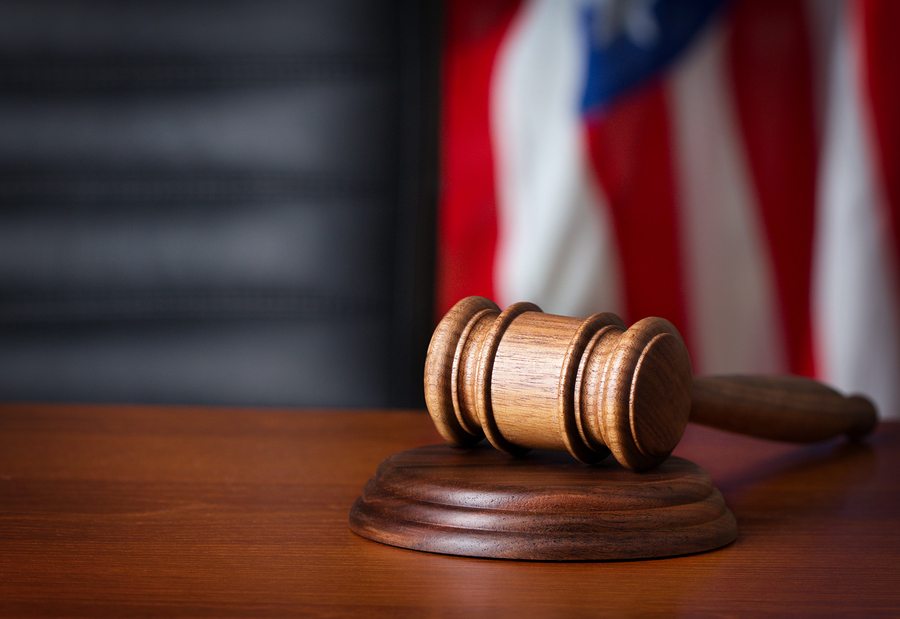If you are reading these words because you 威而鋼
or a family member has been charged with a Class E felony in New York City, it is important that you contact a criminal defense attorney for help. The penalties for a Class E felony can be extremely harsh, and in addition, a conviction will result in a criminal record which can follow you for the rest of your life. In this article, the New York weapons possession lawyers of Sullivan and Galleshaw, LLP explain some vital information about Class E felony charges in Queens and throughout New York, including which crimes are prosecuted as Class E felonies, how Class E felonies are punished, and where to turn if you or a loved one has been arrested.
What is a Class E Felony in New York City?
By niftyadmin | | Criminal Law

